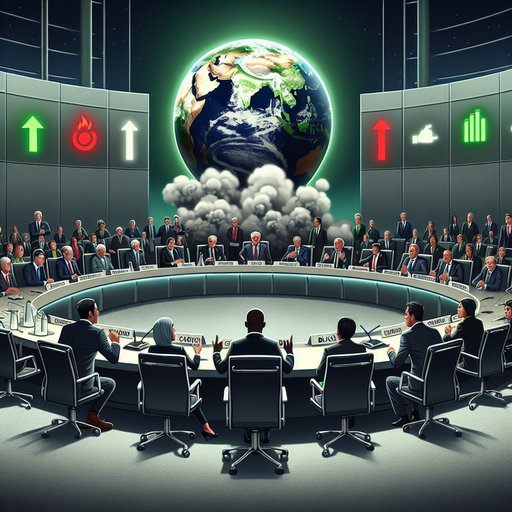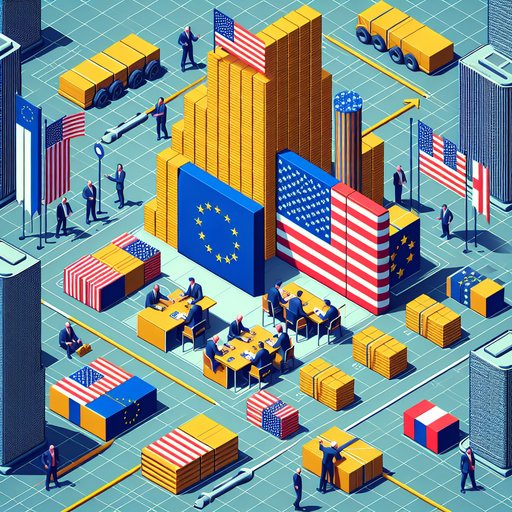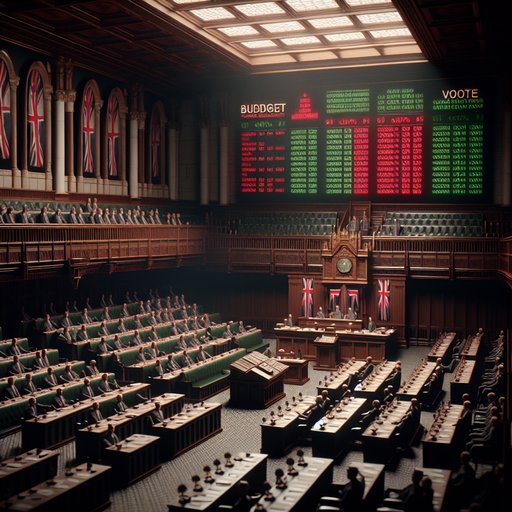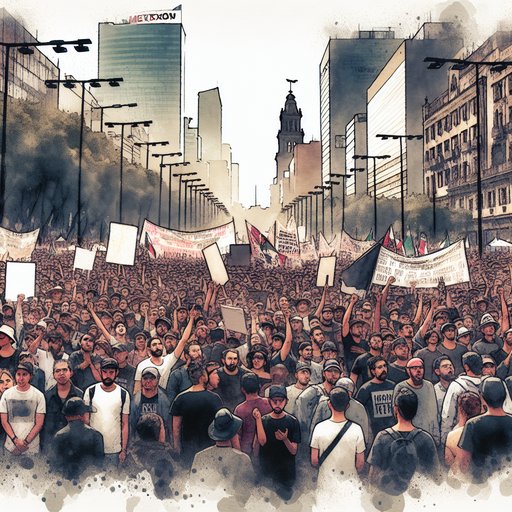
In a concerning new development, recent reports reveal that global carbon emissions have reached unprecedented levels, even as countries strive to curb pollution through increased adoption of green energy technologies. This revelation, made public on July 5, 2025, underscores the formidable challenges that remain on the path to sustainable and equitable climate strategies, with scientists and policymakers now grappling to recalibrate their approaches towards achieving net-zero emissions by 2050 [9].

As the July 9 deadline approaches for finalizing a new trade agreement between the United States and the European Union, little progress has been made toward breaking the current impasse. Talks have hit a snag over tariff disagreements, with the EU's trade commissioner Maroš Šefčovič acknowledging that a breakthrough has yet to be achieved. These developments add to the complexities of transatlantic relations, already fraught with diplomatic subtleties and differing economic priorities [1][3].

Berlin is at the center of a contentious debate as citizens prepare to vote on a groundbreaking car-free initiative. The referendum proposes to limit the use of private cars to just 12 trips per year in a bid to significantly reduce the city’s carbon footprint. While some hail it as a vital step toward sustainable urban living, others criticize it as an infringement on personal freedoms and practicality.

The US government stands on the precipice of another budget showdown as current negotiations intensify amid concerns over an already gargantuan national debt. With the fiscal year end approaching, lawmakers are scrambling to hash out a budget that balances economic growth with fiscal responsibility. Amidst these discussions, questions loom over the sustainability of President Trump's recent budget proposals, which could further balloon the national debt, now sitting at a staggering $37 trillion [5].

In a year rife with challenges, UK Prime Minister Keir Starmer finds himself at a political crossroads following a series of setbacks and ongoing internal and external pressures. As Starmer faces mounting criticism over his ability to steer the Labour Party effectively, both allies and adversaries are watching closely to see if he can turn the tide in his favour before the next general election, which looms on the horizon.

This week saw thousands of demonstrators take to the streets of Mexico City to voice concerns over the rising costs of living and the impact of increased US migration on local communities. The protest spotlighted the gentrification issues and economic disparity fueling tensions in one of Latin America's largest cities. As the presence of Americans looking for a lower cost of living has surged, urban redevelopment projects have priced many local families out of their own neighborhoods, exacerbating the clamor for social justice and economic reforms [1].

Amid a relentless heatwave in Europe, the European Union faces significant challenges in setting its 2040 climate targets, which has sparked concern among officials and citizens alike. As the continent experiences rising temperatures that pose a lethal threat to thousands, the EU is racing against time to finalize its climate policies. However, internal disagreements about the scale and ambition of these targets, as well as discussions around potentially outsourcing climate efforts, are stalling the process.

In a move poised to realign Middle Eastern alliances, the U.S. has lifted most sanctions against Syria through a recent executive order, while maintaining restrictions on the regime's leader, Bashar al-Assad. The decision reflects efforts to stabilize the region and encourage reform following Assad's ousting in 2024, marking a potential pivot in U.S. policy toward the war-torn nation [4][5].

In a dramatic turn of events, conservative leader Alberto Núñez Feijóo is poised to take the reins of Spain's government. Following a turbulent period marked by scandals involving the Socialist Party, a recent snap election has shifted the political landscape, offering the People's Party an opportunity to lead. Feijóo, often seen as a steady and pragmatic politician, now stands at the threshold of power, promising to bring stability to a nation hungry for clear leadership. However, the road ahead is fraught with challenges, including economic uncertainties and the need to restore public confidence in government institutions.

Recent developments in the United States have placed the spotlight on immigration policies as tensions rise with each passing day. The Trump administration's uncompromising stance has triggered numerous confrontations, particularly concerning its latest legislative efforts and enforcement practices. The pressure mounts as new bills make their way towards crucial Senate votes, promising sweeping changes to tax and immigration laws [2]. Meanwhile, grassroots and judicial pushback continue to highlight ethical and legal concerns over these measures.
























